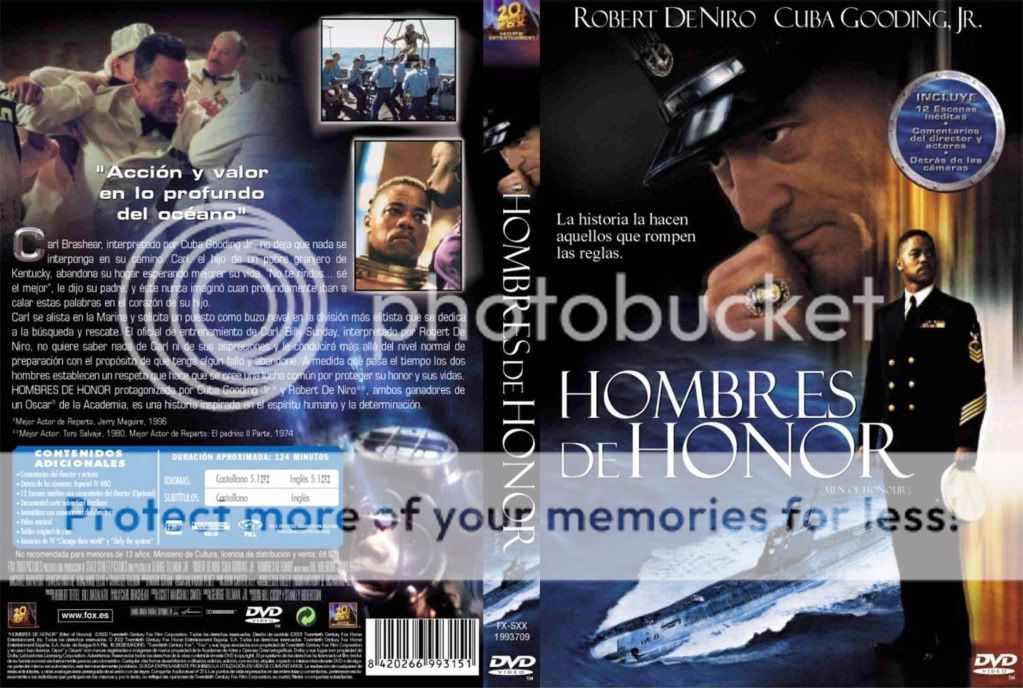

Saint-Saëns famously scored l’Assassinat du Duc de Guise in November 1908. While a number of early film composers considered themselves specialists, the backbone of the developing field was made up of familiar names. Mikhail Ippolitov-Ivanov had him beat by about a month! Anything was game.įirst film score composer (nearly): Charles-Camille Saint-Saëns (1835-1921). As it turns out, film music didn’t burst to life with Max Steiner’s King Kong - it was thriving for a good decade or two before that.Īnd those early days constituted an incredibly diverse period, because you had composers in America, France and Germany (and, to a lesser degree, Italy and Russia) basically kicking film’s tires and figuring out what it could do. However, I began to see that the early days of film music didn’t just extend the Romantic period, they actually overlapped it. I’d always felt that film music was an extension of Romantic period music - with a few modern dashes - but I figured that it primarily migrated from Europe to Hollywood just prior to World War II. My concept of this period began to shift in profound ways. I learned that Joseph Carl Breil, the composer who worked on The Birth of a Nation, premiered a film-score-like opera at the Met Opera alongside Puccini’s Il trittico – and also that Puccini’s old college roommate, Pietro Mascagni, scored an early Italian film. Once again, in researching the article, I added to my timeline. It was likely that Puccini was fond of cinemas, too – as long as they didn’t steal his music! However, Puccini also had a long-lasting correspondence with Thomas Edison and a love of modern technology. Puccini never composed for film, but his music was co-opted by theater musicians on a regular basis he even filed a lawsuit or two to stop them. They had a number of Puccini operas scheduled that season, so they asked me to write a piece for their souvenir booklet that examined his relationship with silent film music. Before I knew it, those articles for Howard’s website led to another project with the Seattle Opera. PLN: So, coming to the Schmitt score was actually part of a larger evolution?ĭA: Yes. In the process, I began uncovering an intriguing list of names, projects, and events that hinted at a large, undiscovered musical world.

I dedicated a lot of time to assembling a timeline of film music that ran from approximately 1908 to 1933.
#Honor de cavalleria torrent series
While working on Hugo, we found ourselves becoming increasingly interested in the music of the silent film period, so we decided to put together a series of articles for his website. Before this, he and I had worked on a book covering the music of the Lord of the Rings films, and we’d become good friends and collaborators in the process. I already knew Howard Shore, the composer of Hugo’s score. It wasn’t much - you can hear it coming from a carousel during a scene with the Georges Méliès character. In the late summer of 2011, I produced a very short recording of an ‘orchestrion’ (an automated musical instrument) for Martin Scorsese’s film Hugo. PLN: How did you become acquainted with the score to the Salammbô film?ĭA: The answer to that question really starts with silent films in general. His insightful observations, presented below, provide both detail and context in understanding the importance of Schmitt’s singular contribution to the world of film music: Adams, whose deep involvement in the study of film music includes publishing a comprehensive volume on Howard Shore’s scores to The Lord of the Rings trilogy (2010), was very generous in sharing his perspectives. Adams to share further insights on the score and the reasons why he considers it such an important exemplar of the film music genre. Recently, the noted film music specialist, journalist and author Doug Adams remarked on Twitter about the quality and inventiveness of Schmitt’s Salammbô score, which led me to ask Mr. I’ve known and loved this score for more than 20 years, and it never grows old. To my ears, this is music that makes a tremendous impression on first hearing - and continues to deliver fresh rewards upon successive listening.
#Honor de cavalleria torrent full
The three suites, scored for full orchestra with additional choral parts featured in some of the numbers, were published by Durand as a group under the title Salammbô, Illustration de quelques pages de Gustave Flaubert, Op. Jeanne de Balzac and Rolla Norman starred in the 1925 silent film Salammbô, with music composed by Florent Schmitt.Īmong the most intriguing entries in the catalogue of Florent Schmitt’s compositions are the three suites he extracted from his score to the silent film Salammbô, which was premiered at the Paris Opéra in 1925.


 0 kommentar(er)
0 kommentar(er)
